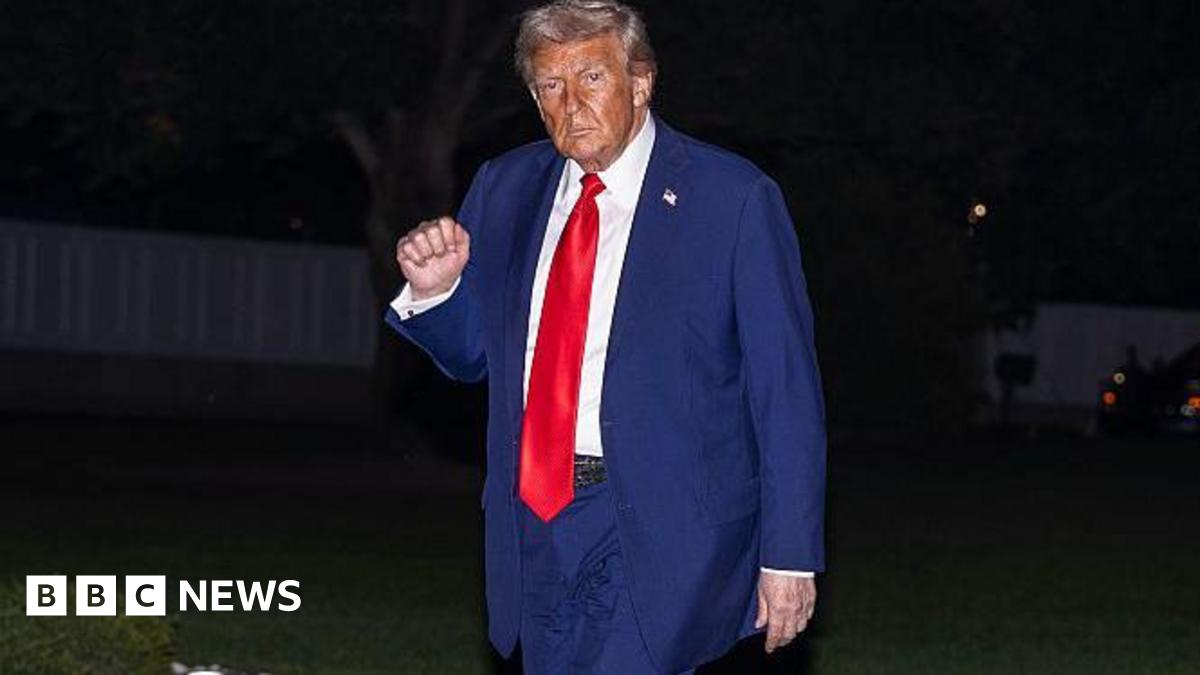Justice Clarence Thomas is finding increasingly creative ways to justify reshaping long-standing laws.
During a rare appearance at Catholic University’s Columbus School of Law in Washington, D.C., on Thursday, the George H.W. Bush–appointed justice said the Supreme Court should take a more critical approach to settled precedent, arguing that decided cases are not “the gospel,” ABC News reported.
Thomas, 77, compared his Supreme Court colleagues to passengers on a train, and said: ”We never go to the front to see who’s driving the train, where is it going. And you could go up there in the engine room, find it’s an orangutan driving the train, but you want to follow that just because it’s a train.”
He reasoned that some precedents were simply “something somebody dreamt up and others went along with.”
“At some point we need to think about what we’re doing with stare decisis‚" Thomas said, referring to the legal principle of abiding by precedent. “And it’s not some sort of talismanic deal where you can just say ‘stare decisis’ and not think, turn off the brain, right?”
Judge Clarence Thomas was sworn in as Associate Justice of the United States Supreme Court on Oct. 18, 1991. Mark Reinstein/Getty Images
Thomas, the Court’s most senior conservative, made his power-grabbing remarks days before the Supreme Court begins its new term.
Perhaps most notably, the Court will be considering whether to take up a case challenging Obergefell v. Hodges, the landmark 2015 decision that legalized same-sex marriage nationwide.
US Associate Supreme Court Justices Samuel Alito, Jr., Clarence Thomas, and Brett Kavanaugh, and U.S. Supreme Court Chief Justice John Roberts at the second inauguration of President Donald Trump. Chip Somodevilla / POOL/AFP via Getty Images
The docket also includes a 1935 opinion complicating President Donald Trump’s frequent power grabs, public prayers at football games, and an appeal on race and redistricting that, if overturned, would gut a key provision of the Voting Rights Act.
Thomas also used a bizarre metaphor to sling insults at his fellow Court members for following precedent, ABC reported.
“I don’t think that I have the gospel,” he added, “that any of these cases that have been decided are the gospel, and I do give perspective to the precedent. But it should—the precedent should be respectful of our legal tradition, and our country, and our laws, and be based on something, not just something somebody dreamt up and others went along with.”
Thomas has long been keen to revisit some of the Supreme Court’s most significant decisions—especially now that the Court has a conservative majority of six to three.
U.S. Supreme Court justices Amy Coney Barrett, Neil Gorsuch, Brett Kavanaugh, Ketanji Brown Jackson, Sonia Sotomayor, Clarence Thomas, Chief Justice John Roberts, Jr., Samuel Alito and Elena Kagan pose for a group portrait in Washington, D.C. on Oct. 7, 2022. Evelyn Hockstein/Reuters
However, the high court under Chief Justice John Roberts has, on average, been less willing to upend past rulings than earlier courts, according to a 2024 analysis from The New York Times.
That said, the precedents that have been revisited have often involved the most high-profile and politically charged issues: abortion, affirmative action, and government regulation.
Those decisions haven’t cast the Court in a favorable light.
Half of Americans have an unfavorable view of the Supreme Court, a near-historic low, according to a Sept. 3 report from the Pew Research Center.
Much of that is attributed to the Court’s 2022 decision to overturn Roe v. Wade, which established the constitutional right to abortion.
This story has been updated to clarify which Pres. Bush nominated Thomas.
[SRC] https://www.thedailybeast.com/clarence-thomas-gives-bonkers-reason-for-scotus-to-tear-up-settled-laws/
 Visit the website
Visit the website



